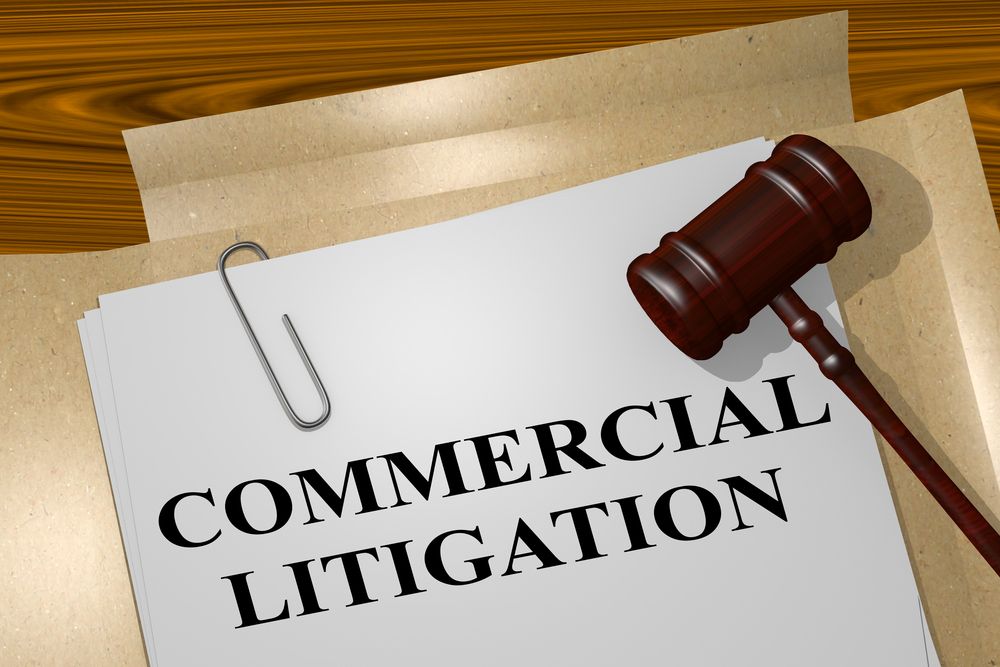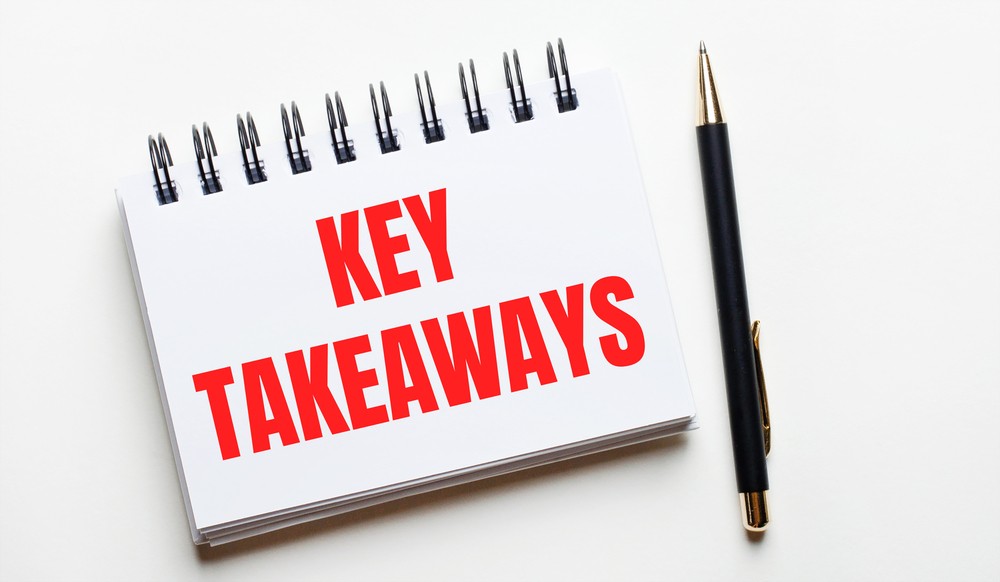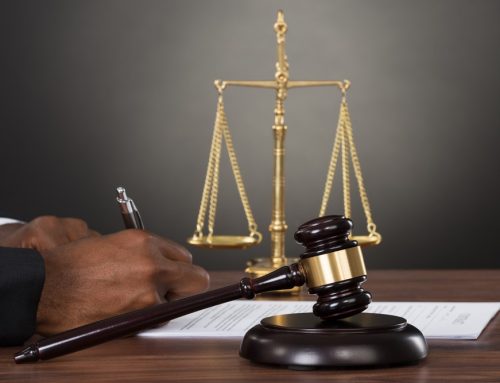Introduction
Commercial disputes are an integral part of any complex business project. Conflicts can destroy your thriving relationship, annihilating years of hard work and dedication. But disputes can be a valuable experience from which business partners and other stakeholders learn and develop even stronger bonds. With multiple parties involved, the stakes are much higher. Whether your business will hit a dead-end or reach new heights – depends on the method you choose to resolve emerging conflicts.
This article will offer insights into multi-party commercial dispute mediation, define where these disputes typically occur, and discuss the specifics of mediating business disputes with multiple parties involved. Read on to learn more.
Common Commercial Disputes Involving Multiple Parties
Complex multi-phase business projects inevitably involve multiple parties. Construction and insurance are typical areas where conflicts between stakeholders with diverging interests occur.
- Construction projects involve several contracts and subcontracts with multiple parties. The main construction contract deals with general principles and defines rules in a broader sense, determining the direction, dynamics, and phases of the project ahead. Subcontracts regulate specific steps within the project and are interrelated with the main contract. The owner (investor), designer, general contractor, and multiple subcontractors’ interests often diverge, generating complex commercial disputes.
- Insurance typically involves three parties: the insurer, the insured, and an injured third party. A person who suffered injuries due to the insured wrongdoing can claim compensation against the insurance company. The interests of the insurance carrier and their client (the insured) usually converge, but the insurer can sometimes have a claim against its client. For example, after paying out to the third party, the insurance carrier can sue the insured for damage not covered under the insurance policy (driving under the influence, fleeing the scene of an accident, etc.). Dealing with these conflicting interests within the same process (litigation, mediation, or arbitration) constitutes a typical multi-party commercial dispute.
The key to understanding the complexity of multi-party disputes is knowing that business contracts and subcontracts can have conflicting dispute resolution clauses. While some contracts mandate pre-suit mediation, others do not. That may result in different conflict resolution dynamics. While two parties can settle their dispute without going to court, others involved must engage in litigation to resolve their claims. Also, multiple plaintiffs can sue one defendant, or (conversely) one claimant can seek compensation from other parties. Litigation can yield different results for parties with identical interests. Also, the alternative dispute resolution process can result in different outcomes for individual claimants. Some can settle all their claims out of court, while others do it partially, narrowing the disputed issues for future litigation.

Multi-Party Disputes Mediation: Maximum Efficiency at Minimal Costs
In contrast to time-consuming and financially draining litigation, mediation offers an easy way out of complex multi-party commercial disputes. A time and cost-effective, confidential, neutral, and non-adversarial – mediation outshines other dispute-resolution mechanisms.
- Time and Cost-Effectiveness
Multi-party commercial disputes require far more coordination and involvement than typical two-party conflicts. With typically overloaded dockets, state-appointed judges cannot dedicate enough time to deal with complex disputes involving several parties. Mediation is different. It is informal, flexible, and adjustable to conflicting schedules. Mediators can offer extra time and attention to each party, successfully dealing with competing interests. The process is typically over in several months or even weeks. In addition to its time-effectiveness, mediation is less costly than litigation and other methods. There are no expensive attorney and court filing fees, and the parties usually share the costs (considerably lower than attorney fees).
- Confidentiality and Neutrality
Unlike public litigation, mediation offers confidentiality which is vital for business relationships. The mediator and all the parties must keep secret information shared during mediation sessions. Confidentiality extends to future litigation, meaning no party can use such information during the court process (during the discovery and trial). Mediators do not represent any of the parties, but each party can hire an attorney as counsel during the mediation sessions. Mediators cannot propose solutions or give legal advice. Their task is to facilitate complex multi-party negotiations, creating a neutral environment that can result in a settlement.
- Non-Adversarial Nature
Multi-party commercial disputes are a breeding ground for never-ending conflicts. Untangling complex issues between conflicting parties in litigation can take years, often resulting in devastated business relationships and ruined multi-million projects. As opposed to litigation, mediation brings peace and reconciliation. Instead of wreaking havoc and escalating the conflict, mediation creates common ground between multiple stakeholders. The mediator allows each party to explain its point of view in a neutral and friendly setting. There is no all-or-nothing court fight in which only the strongest survive. Mediation offers equal opportunities for everyone. In such an environment, parties find a common language and willingness to continue thriving and mutually beneficial relationships.
The Mediation Specifics in Multi-Party Commercial Disputes
As with any other mediation process, multi-party commercial disputes mediation has four stages: introduction, opening statements, and private and joint sessions. However, some specifics come with multiple parties involved. The parties must be willing to participate, and the mediator typically holds a pre-mediation conference. Submitting position statements is an integral part of multi-party mediation. Finally, private, and joint sessions are also specific.
- Good-Faith Efforts
Before diving into the process, the mediator must ensure everyone involved is willing to participate. Obtaining commitment is vital to succeeding in mediation efforts. Let us assume that all contracts mandate pre-suit mediation. That does not mean everyone is equally ready to commit to the process. The mediator must encourage each party to invest their utmost efforts in reaching mutually beneficial outcomes through negotiations. Once everyone is in, the mediator must ensure their interest in settling the dispute does not fade away with the first hurdle in the negotiation process.
- Pre-Mediation Conference
The next step is a pre-mediation conference – a session where the mediator meets with the parties (or their counsels) to discuss the dynamics of the process ahead. The key is to obtain agreement on how things should proceed. Convening multiple parties and their counsels can be time-consuming and costly, so mediators use videoconference, online communication platforms, and other means of communication to make the process more convenient. During the pre-mediation conference, the parties discuss their schedules and make other arrangements to enable the mediation process to run smoothly without interference.
- Position Statements
Submitting position statements is typically part of the pre-mediation stage. The parties describe the dispute, offering their views on how the conflict evolved and its root causes. The position statements can also involve technical details, such as schedules, session minutes, and other organizational issues. The importance of position statements is multifold. They give the mediator insights into various stances, allowing early assessment of arguments (their strengths and weaknesses). On the other hand, parties get familiar with different positions, allowing them to prepare for the sessions and adjust their conduct accordingly. The pre-mediation conference and position statements enable everyone to come prepared, minimizing costs and time-wasting.
- Private Caucusing
In contrast to conventional two-party mediation, private sessions are somewhat different. The mediator must do a large amount of coordinating activities between various parties, keeping all their statements confidential. The complexity of multi-party mediation requires dedication, persistence, and extra effort. Each party must get equal time and attention, never feeling neglected. Keeping confidentiality while assessing each argument is demanding – only the most experienced mediators are up to the challenge. Although exhausting, successful private caucusing creates an environment of trust and openness and enables a free flow of information that will prove crucial at a negotiation table during joint sessions.

Key Takeaways
- Commercial disputes are an integral part of complex business projects – their outcome determines their faith in long-term relationships, with the potential of breaking or making them stronger.
- Commercial disputes are complicated, but multiple parties add an extra layer of complexity to the whole thing.
- Common areas involving multiple-party disputes include construction projects and insurance.
- The vital aspects of multi-party commercial conflicts are multiple contracts with different dispute resolution clauses, an unequal willingness of each party to participate, and the process dynamics often resulting in different outcomes for various participants.
- Mediating multi-party disputes offers advantages other methods lack time and cost-effectiveness, confidentiality, neutrality, and reconciliatory approach.
- Unlike conventional mediation, multi-party commercial mediation is specific for several reasons. In addition to requiring good-faith commitment, parties participate in pre-trial conferences, submit position statements, and undergo complex private sessions.
Meet Hal Wotitzky: Your Go-To Commercial Mediator
Facilitating multi-party commercial dispute negotiations is not for everyone. Only mediators with a proven record, utmost dedication, and undivided commitment are up to the challenge.
If you are looking for a professional that fits those criteria, seek no further. Meet Hal Wotitzky, a certified Florida mediator with decades of experience mediating the most complex commercial disputes involving multiple parties.
Hal brings the most sophisticated expertise and the highest ethical standards to his mediation practice. In addition, he knows how to make everyone involved feel appreciated and acknowledged. Entrust your dispute to Mr. Wotitzky, let him do the magic, and watch your business relationship thrive.
Do not hesitate to schedule your appointment – reach out today at (941) 621-4249 or contact us via email at Hal@WotitzkyMediation.com.






Leave A Comment